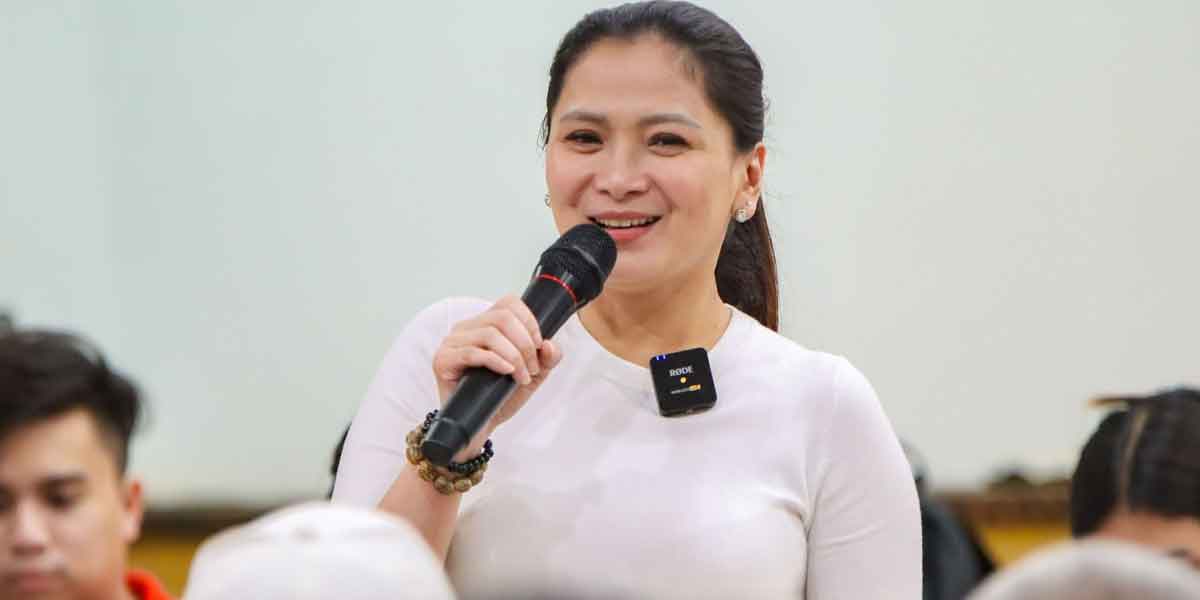 By Joshua Corcuera
By Joshua Corcuera
On Tuesday, November 3, Americans would go out to vote for the 2020 Untied States (US) general elections. They are going to vote in the midst of a pandemic as well as other major issues such as the Black Lives Matter movement, the wildfires in America’s West Coast, racial injustice, and growing Chinese influence. In other words, social issues concerning China, climate change, civil rights, and democracy would be key issues among American voters — something Filipinos can relate to.
As a country hugely influenced by the US, the results of the US elections would be followed by Filipinos. Moreover, the elections in America could serve as a foreshadowing of what is to come for the Philippines in 2022 given the similarities of the leaders and the issues defining and shaping the two countries.
The messy and weird notes about US Elections
Unlike in the Philippines where presidential elections are held once in six years, the US conducts presidential elections every four years. Moreover, US presidents can seek a second term, whereas their Filipino counterparts cannot do the same. Also, in recent years, voter turnout has been relatively low in the US. In 2016, voter turnout was 55.7%; 54.9% in 2012; and 58.2% in 2008.
There is also something absurd and peculiar with US elections. Here in the Philippines, the rule for election is simple and straightforward: the one with the highest number of votes would be elected. This is not the case in America where a person who gained the highest number of votes is not necessarily sworn into power.
For instance, in 2016, Hillary Clinton received more than 65 million votes compared to Trump’s almost 63 million. Yet Trump was the one who won the election and made it to the White House. This is because US presidential elections are based on the electoral college where at least 270 out of 538 electoral votes are needed to be elected. A state has a certain number of electoral votes based on their census population; the larger the population of a state, the more electoral votes there are. Also, with the exception of two states, the winner in a particular state would take all electoral votes no matter how huge or small the margin is. Back in 2016, Trump was elected because he won the electoral vote by securing narrow, neck-to-neck victories in battleground states, despite Clinton winning wide and comfortable margins in other states.
The 2020 US elections would have serious consequences
For this year, incumbent US president and Republican Party candidate Donald Trump is seeking four more years in the White House. While Democratic Party candidate Joe Biden is pushing for change rather than continuity. As mentioned earlier, Americans are going to vote with a wide array of major issues. Certainly, the outcome would greatly change the landscape not only of the US, but also of the world either for better or for worse.
In Asia, the US elections can affect relations between the west and the east particularly on how to deal with China. For the environment, the elections can affect how to respond towards mitigating climate change especially that environmental activists are gaining attention, and deadly wildfires are occurring in the American West. The polls in November would also be important for democracy; when populist Trump is defeated, there is hope that populists in other parts of the world would lose as well. Consequently, the US can also take a stronger rhetoric against human rights violations in other countries. But if Trump were re-elected, populism is likely to remain widespread in the near future.
In other words, the elections in America would shape the world in one way or another. A clearly contrasting vision on the future of the world is within the hands of those who would go to the polls in November.
What happens in America might tell what will happen in the Philippines
Philippine President Rodrigo Duterte and Donald Trump have drawn comparisons and similarities even prior to their rise to the presidency in 2016. Both are widely considered to be populists — appealing to the emotional frustrations of the ordinary people and expressing anti-establishment attitude.
Besides this similarity between the two heads of state, Filipinos and Americans face similar social issues at the same time — China is a cause of concern for both countries, civil rights is a concern in the US, and so does human rights in the Philippines. While inequality and injustice — four years upon the rise to power of both Trump and Duterte — bitterly divide both nations as well.
With these devastatingly clear connections, America’s election might be — though not necessarily — a foreshadowing in the Philippines when Filipinos go out in 2022 to vote for Duterte’s successor.
Would we vote for change or continuity? If America’s going to vote for the democrats, would we tend to vote for the opposition? Otherwise, would we tend to choose an appointed successor by the president himself instead? It’s up to the people to decide, but it’s still far away — there are much more pressing urgent issues that we must prioritize and settle first.





















